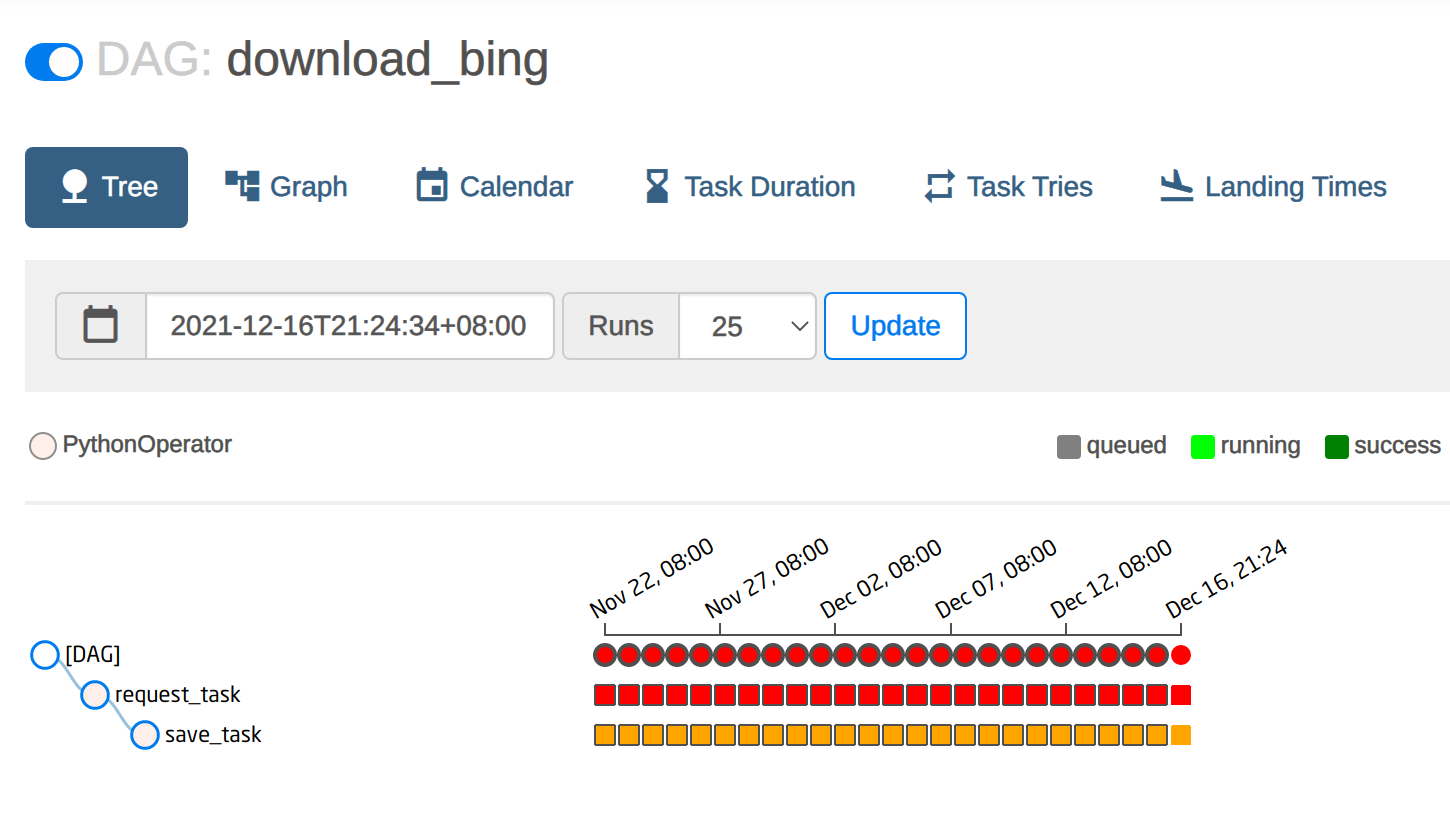

Variables in Airflow are a generic way to store and retrieve arbitrary content or settings as a simple key-value store within Airflow. Airflow Variables and Connections Airflow Variables Thus, this feature needs to be used with caution. While this can be helpful sometimes to ensure only one instance of a task is running at a time, it can sometimes lead to missing SLAs and failures because of one stuck run blocking the others. dummy: dependencies are just for show, trigger at willĭepends_on_past is an argument that can be passed to the DAG which makes sure that all the tasks wait for their previous execution to complete before running.all parents are in success, failed, or upstream_failed state none_skipped: no parent is in a skipped state, i.e.none_failed_or_skipped: all parents have not failed (failed or upstream_failed) and at least one parent has succeeded.all parents have succeeded or been skipped none_failed: all parents have not failed (failed or upstream_failed) i.e.one_success: fires as soon as at least one parent succeeds, it does not wait for all parents to be done.one_failed: fires as soon as at least one parent has failed, it does not wait for all parents to be done.all_done: all parents are done with their execution.

all_failed: all parents are in a failed or upstream_failed state.all_success: (default) all parents must have succeeded.Here’s a list of all the available trigger rules and what they mean: It is also recommended to use static date times instead of dynamic dates like time.now() as dynamic dates can cause inconsistencies while deciding start date + one schedule interval because of the start date changing at every evaluation.Īirflow provides several trigger rules that can be specified in the task and based on the rule, the Scheduler decides whether to run the task or not. This is a common problem users of Airflow face trying to figure out why their DAG is not running. But this is not the case with airflow, the first instance will be run at one scheduled interval after the start date, that is at 01:00 Hrs on 1st Jan 2016. In the above example, the start date is mentioned as 1st Jan 2016, so someone would assume that the first run will be at 00:00 Hrs on the same day. There’s a small catch with the start date the DAG Run starts one schedule interval after the start_date. While creating a DAG one can provide a start date from which the DAG needs to run. This also acts as a unique identifier for each DAG Run. The execution_date is the logical date and time at which the DAG Runs, and its task instances, run. There are various things to keep in mind while scheduling a DAG. The scheduler keeps polling for tasks that are ready to run (dependencies have been met and scheduling is possible) and queues them to the executor. Airflow SchedulerĪirflow comes with a very mature and stable scheduler that is responsible for parsing DAGs at regular intervals and updating the changes if any to the database. Let’s begin with some concepts on how scheduling in Airflow works. With the help of these tools, you can easily scale your pipelines. In this blog, we will cover some of the advanced concepts and tools that will equip you to write sophisticated pipelines in Airflow. In our last blog, we covered all the basic concepts of Apache Airflow.


 0 kommentar(er)
0 kommentar(er)
